The world of foreign exchange and stock markets can be daunting even to some experienced investors. However, there are plenty of books on trading, ranging from basic introductions to the market to advanced strategies based on fundamental analysis and technical analysis. The success in trading also closely attributed of psychology, trading systems and money management. Essentially, trading does not depend entirely on the system or strategy used. Rather, the emotions and mentality also will determine the success or failure of trades.
In the world of thousands of books on the topic, we’d like to recommend these six trading books for you to dive in.
1. Currency Trading for Dummies by Brian Dolan
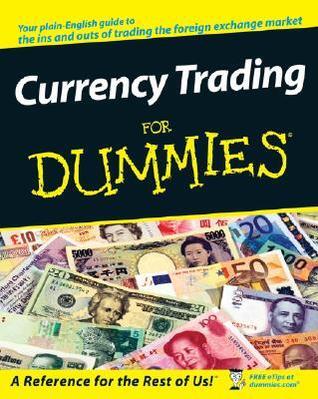
Currency Trading for Dummies is one of the best of the lot for beginners. It presents clear, easy-to-read instructions on currency trading and descriptions of the foreign exchange market. In fact, it's not a bad read for more seasoned hands who need a quick refresher on the basics. It's regularly used as a resource by the financial media. Originally published in 2011, the updated book was co-written by Brian Dolan, former chief currency strategist at Forex.com, and Kathleen Brooks, director of research at Forex.com.
2. Trading For a Living: Psychology, Trading Tactics & Money Management by Dr. Alexander Elder
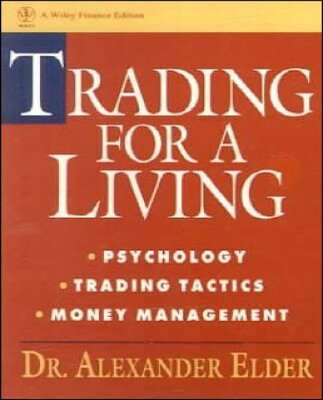
Alexander Elder is a Doctor of Psychiatry, professional traders and specializes in technical analysis. He believes that the determinant of success in the trading world is when they can master the 3Ms namely Mind, Method and Money.
Trading for a Living helps you to set a right Mindset for a trader, shows you the Methods for trading the markets, and shows you how to manage Money in your trading accounts, by establishing discipline and how to control emotions, so that no string of losses can kick you out of the game. This book also discusses technical indicators, trading systems and risk management.
3. Trading In the Zone by Mark Douglas
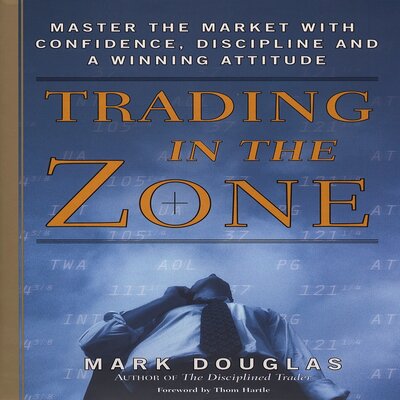
In 2000, Mark Douglas wrote the book Trading in the Zone. It is considered a classic in books on trading psychology, among others. Mark Douglas died in September 2015 at the age of 67 and leaves behind his books that helped and still help many traders with the mental game of trading.
In this book, the author uncovers the underlying reasons for lack of consistency and helps traders overcome the ingrained mental habits that cost them money. He takes on the myths of the market and exposes them one by one teaching traders to look beyond random outcomes, to understand the true realities of risk, and to be comfortable with the "probabilities" of market movement that governs all market speculation.
4. Forex Trading: The Basics Explained in Simple Terms by Jim Brown
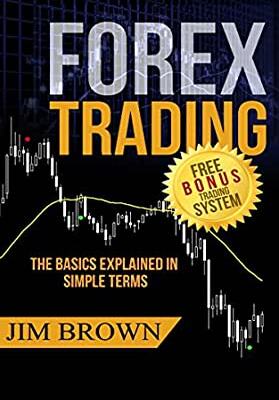
As the title indicates, this book is oriented toward giving beginners the basics. The author is a self-taught forex trader who became intrigued by currency exchange and its profits at a private gathering for stock traders. The text stands out for Brown's clear, concise language that, without being condescending, never takes the reader's knowledge for granted. Some of the basics covered are 1) the definitions of forex and forex markets; 2) strategies for entrances and exits; 3) trading psychology; 4) the ins and outs of forex pairs; 5) places to trade foreign currencies; and 6) tips for how to choose a broker. Brown also offers up his own trading strategy that a novice can use, or at least be inspired by and use as a guideline for creating a personalized one.
5. Trading Psychology 2.0 by Brett N. Steenbarger
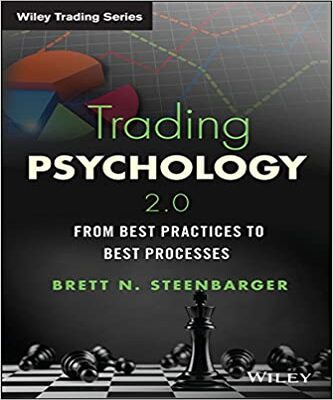
This book provides a comprehensive guide on how to apply the science of psychology in the world of trading. It is divided into 4 main chapters that delve into techniques of adapting to change, building strengths, nurturing creativity, and developing the most effective and efficient ways of generating profits.
6. The Essence of Trading Psychology in One Skill by Yvan Byeajee
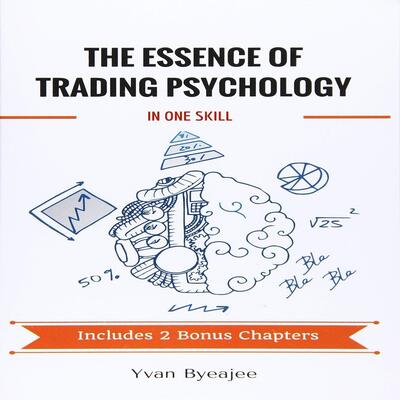
Any trader who is new to stock trading has certainly ever felt hesitant when looking to make a buy or sell even if the signal has gone out or they are too quick to take profits and get stuck in a loss-making counter.
And according to the author Yvan Byeajee, the reason is rather simple, which is pressure. In this book, author Yvan Byeajee shares himself how he overcame those challenges to remain consistent in actions.















